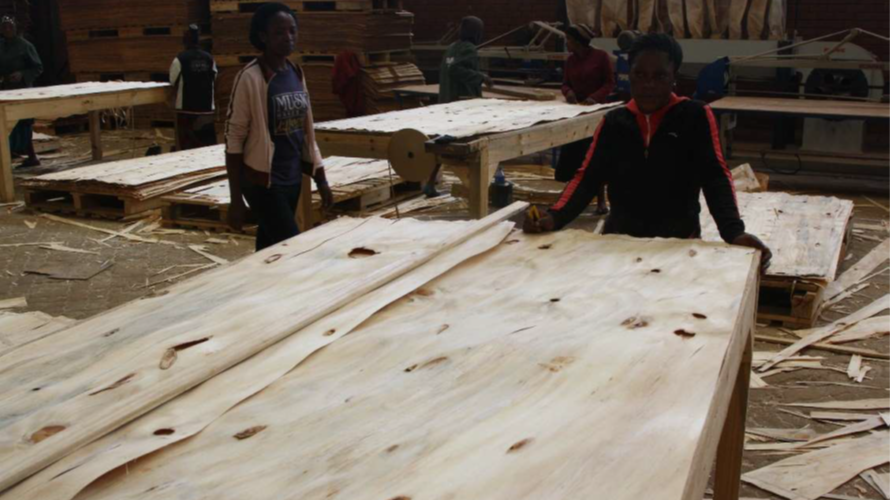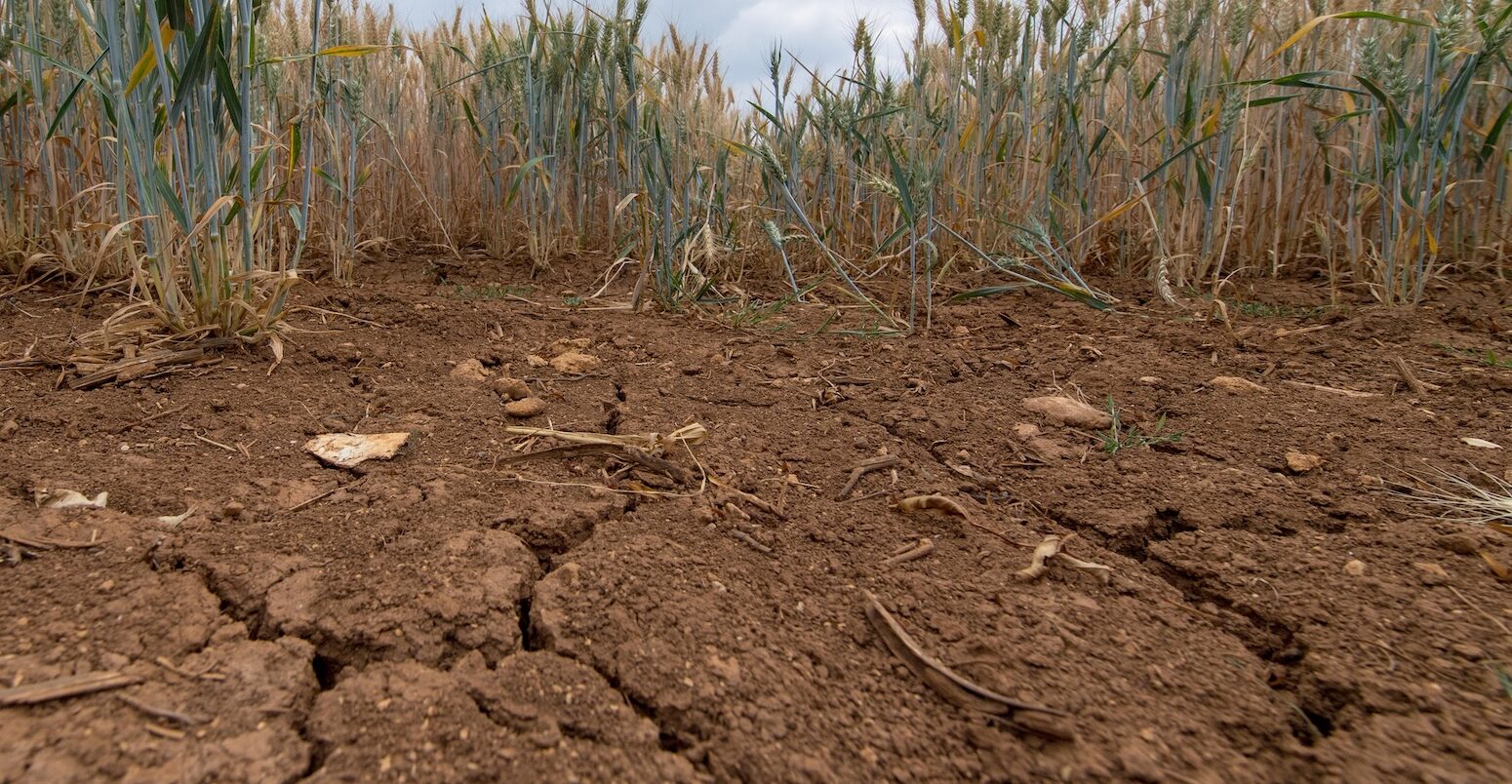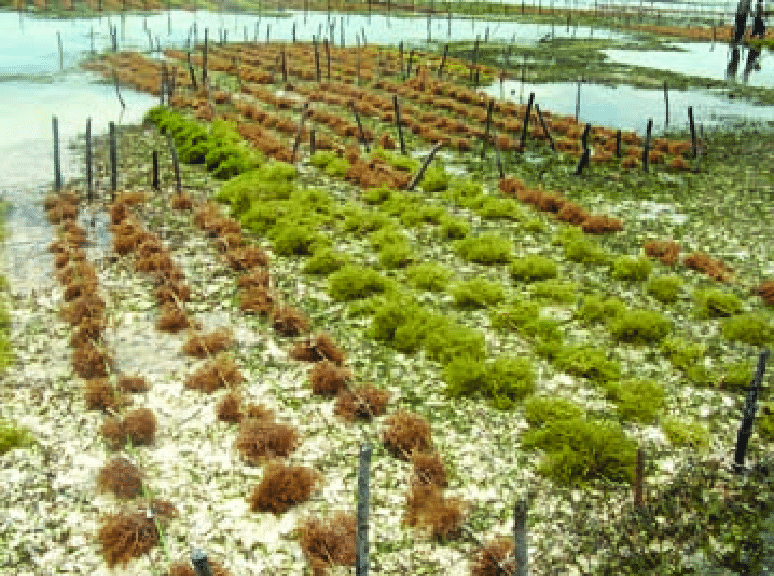A robust and sustained forest sector will significantly contribute to the national industrialization agenda, employment creation, fiscal revenue generation and Gross National Product (GDP). For this to materialize, a strong strategic focus on value-added forest products and new value chains with high economic potential is required. Following the two studies conducted in the forest sector, it is evident that engagement in the development of engineered wood products will be more beneficial to Tanzania than the current practices. The first study assessed the market feasibility of EWP in Tanzania and the barriers to be addressed for a viable sector. The second study focused on the fiscal and economic implications of promoting EWPs investment opportunities and development. Both studies show an enhanced economic and fiscal contribution by the forest sector if it embarks on EWPs development and promotion.
Consequently, the Tanzania National Business Council (TNBC) in collaboration with MNRT and Forestry Development Trust (FDT) prepared the National Engineered Wood Sector Development Framework. The Framework is expected to strategically and systematically enhance EWPs development and trade in Tanzania to promote internal consistency in the economy through import substitution of EWPs meanwhile increasing the foreign exchange revenue.
The Framework is also a part of the implementation of the National Forest Policy of 1998 and the Ministry of Natural Resources and Tourism (MNRT) Strategic Plan (2020/21-2025/26). The National Forest Policy, among others, is directed towards creating a favourable environment for the establishment of new forest industries to increase employment and foreign exchange earnings. The Ministry Strategic Plan likewise requires the development of the National Engineered Wood Sector Development Framework to enhance the effective utilization of forest plantations and woodlots.
National Engineered Wood Sector Development Framework




